The WW2 massacre dividing Senegal and France
A new investigation found the 1944 Thiaroye attack on ‘unarmed’ African soldiers was ‘premeditated’, and far deadlier than previously recorded
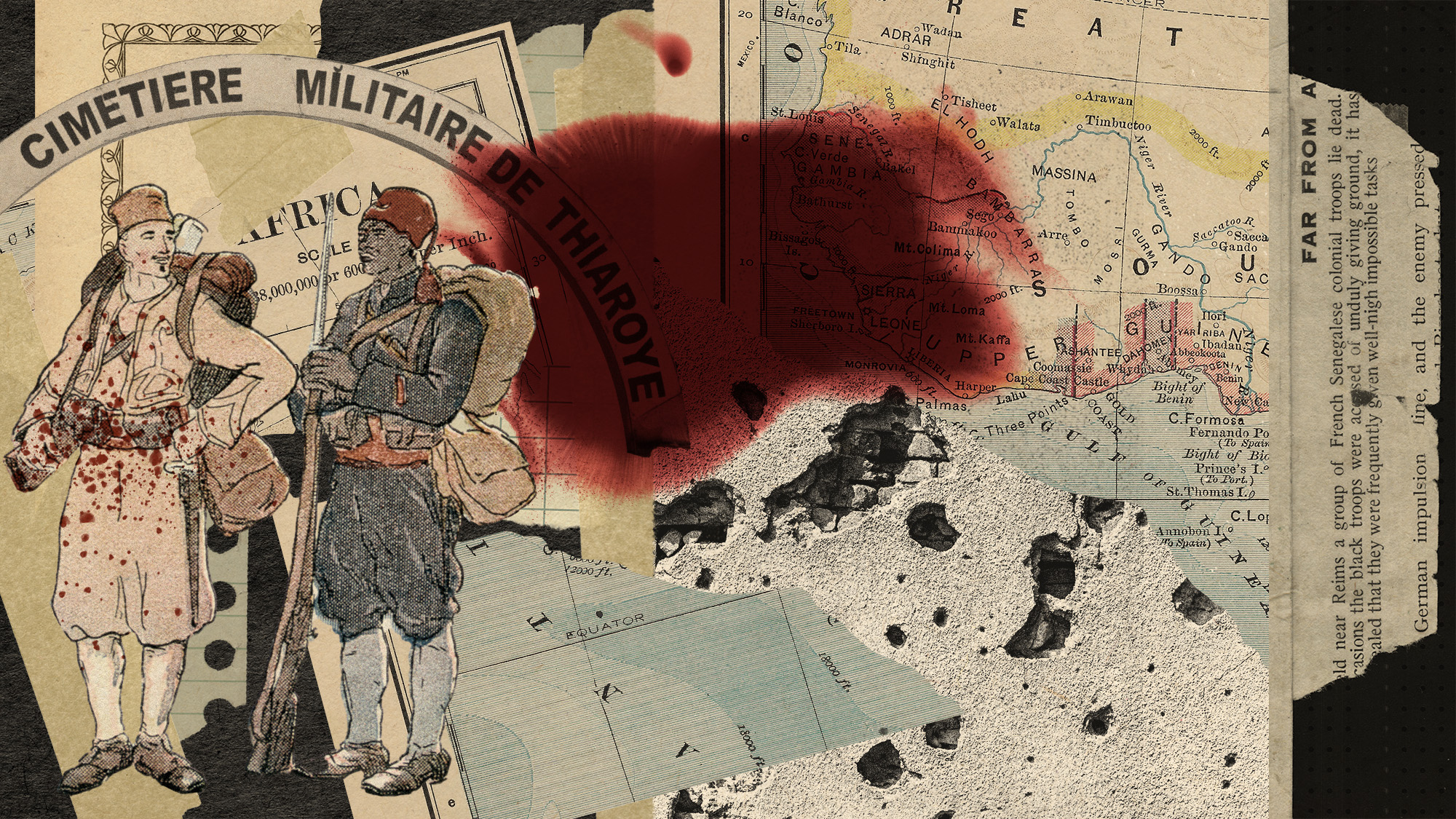
A free daily email with the biggest news stories of the day – and the best features from TheWeek.com
You are now subscribed
Your newsletter sign-up was successful
A new report into the 1944 Thiaroye massacre of African infantrymen by French soldiers in Senegal found that the shooting over pay disputes was “premeditated”, said France24. Substantial evidence surrounding the attack was covered up by French authorities in the months and years after, the report concluded.
The events at Thiaroye make it “one of the worst massacres during French colonial rule”, said Le Monde. Its effects are still felt, and mark a point of tension in relations between the two countries.
‘Significant’ new details
Today, “questions remain” about the number, identities and burial locations of soldiers who were killed, with the modern estimates of deaths 10 times higher than the official 35 recorded at the time, said Le Monde.
The Week
Escape your echo chamber. Get the facts behind the news, plus analysis from multiple perspectives.

Sign up for The Week's Free Newsletters
From our morning news briefing to a weekly Good News Newsletter, get the best of The Week delivered directly to your inbox.
From our morning news briefing to a weekly Good News Newsletter, get the best of The Week delivered directly to your inbox.
Documents of the time show that around 1,300 soldiers from several west African countries, who had been called up to fight for France, were transported from France to a camp in Thiaroye, Senegal, following liberation from German capture in 1944.
Upon arrival, “discontent mounted” over owed back pay and unmet “demands to be treated on a par with white soldiers”, said Radio France Internationale.
The soldiers were due to be paid a “quarter of the back pay” in mainland France, and “the rest” upon their arrival in Africa, experts told Afrique XXI. After a month with no sign of payment, and the soldiers’ refusal to leave the camp until they had been fairly recompensed, “tense” meetings took place between French commanders and the African infantrymen.
Days later, authorities opened fire, accusing the “unarmed” soldiers of “mutiny”, though only one Frenchman suffered a gunshot wound: a “significant detail” which “seems to corroborate the innocence of the accused”.
A free daily email with the biggest news stories of the day – and the best features from TheWeek.com
‘Smouldering tensions’
The 301-page report was submitted to Senegalese President Bassirou Diomaye Faye last week, and “urges France to formally apologise to the riflemen’s families and communities”, said France24. There is a “significant absence” of source evidence linked to the massacre stored in Dakar, due to documents being transferred to France, the report showed. Excavations at a Thiaroye cemetery have been under way since May.
Further results from the investigation, led by historian Mamadou Diouf, threaten to “reignite smouldering tensions between France and the former colony”, said The Associated Press.
In June, Biram Senghor, the son of one of the “Tirailleurs Sénégalais”, or Senegalese infantrymen corps, “lodged a complaint against the French state”, claiming it was concealing information about his father’s death, said Le Monde.
“They lied to his family. They pretended Senghor was a deserter, that he did not die in Thiaroye, and then they admitted that he had,” Senghor’s lawyer told the outlet. “They need to tell us where his remains are.”
France first acknowledged Thiaroye as a “massacre” in November 2024, just days before the 80th anniversary of the shooting. The killings have risen to public consciousness, and have been a “point of contention” between the two countries, said Damian Zane on the BBC. This acknowledgement came at a time where Faye – who was elected eight months earlier – was considering a “reassessment of the countries’ relationship”, added the broadcaster.
Despite praising President Emmanuel Macron’s “courage” for acknowledging the massacre, and believing “relations remain very good”, in July the Senegalese president welcomed the removal of French troops from Senegal, said Le Monde. “What country can have foreign troops on its soil and still claim independence?”
Will Barker joined The Week team as a staff writer in 2025, covering UK and global news and politics. He previously worked at the Financial Times and The Sun, contributing to the arts and world news desks, respectively. Before that, he achieved a gold-standard NCTJ Diploma at News Associates in Twickenham, with specialisms in media law and data journalism. While studying for his diploma, he also wrote for the South West Londoner, and channelled his passion for sport by reporting for The Cricket Paper. As an undergraduate of Merton College, University of Oxford, Will read English and French, and he also has an M.Phil in literary translation from Trinity College Dublin.
-
 Bad Bunny’s Super Bowl: A win for unity
Bad Bunny’s Super Bowl: A win for unityFeature The global superstar's halftime show was a celebration for everyone to enjoy
-
 Book reviews: ‘Bonfire of the Murdochs’ and ‘The Typewriter and the Guillotine’
Book reviews: ‘Bonfire of the Murdochs’ and ‘The Typewriter and the Guillotine’Feature New insights into the Murdoch family’s turmoil and a renowned journalist’s time in pre-World War II Paris
-
 Witkoff and Kushner tackle Ukraine, Iran in Geneva
Witkoff and Kushner tackle Ukraine, Iran in GenevaSpeed Read Steve Witkoff and Jared Kushner held negotiations aimed at securing a nuclear deal with Iran and an end to Russia’s war in Ukraine
-
 Greenland’s capital becomes ground zero for the country’s diplomatic straits
Greenland’s capital becomes ground zero for the country’s diplomatic straitsIN THE SPOTLIGHT A flurry of new consular activity in Nuuk shows how important Greenland has become to Europeans’ anxiety about American imperialism
-
 The fall of the generals: China’s military purge
The fall of the generals: China’s military purgeIn the Spotlight Xi Jinping’s extraordinary removal of senior general proves that no-one is safe from anti-corruption drive that has investigated millions
-
 What will happen in 2026? Predictions and events
What will happen in 2026? Predictions and eventsIn Depth The new year could bring peace in Ukraine or war in Venezuela, as Donald Trump prepares to host a highly politicised World Cup and Nasa returns to the Moon
-
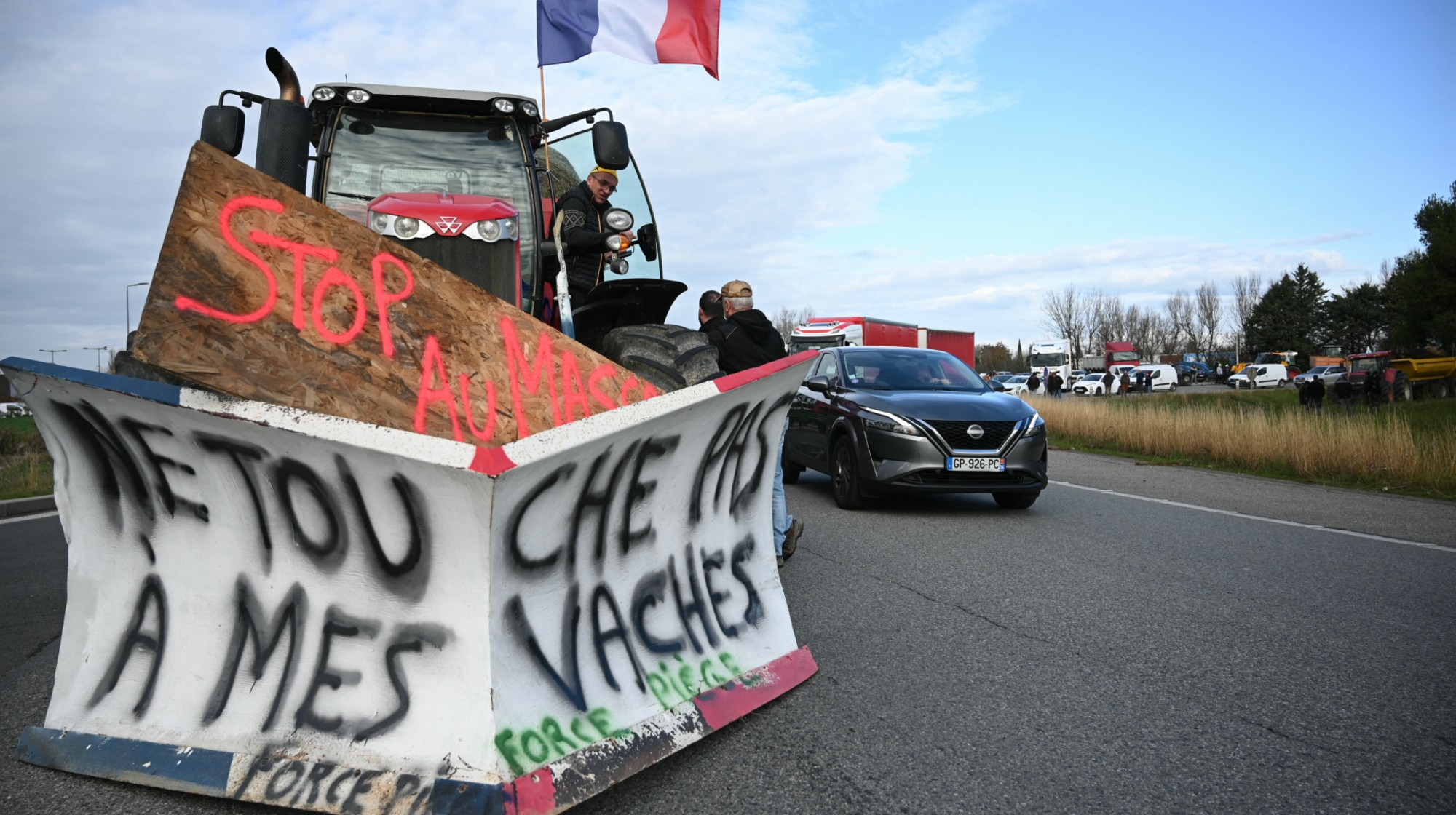 ‘Lumpy skin’ protests intensify across France as farmers fight cull
‘Lumpy skin’ protests intensify across France as farmers fight cullIN THE SPOTLIGHT A bovine outbreak coupled with ongoing governmental frustrations is causing major problems for French civil society
-
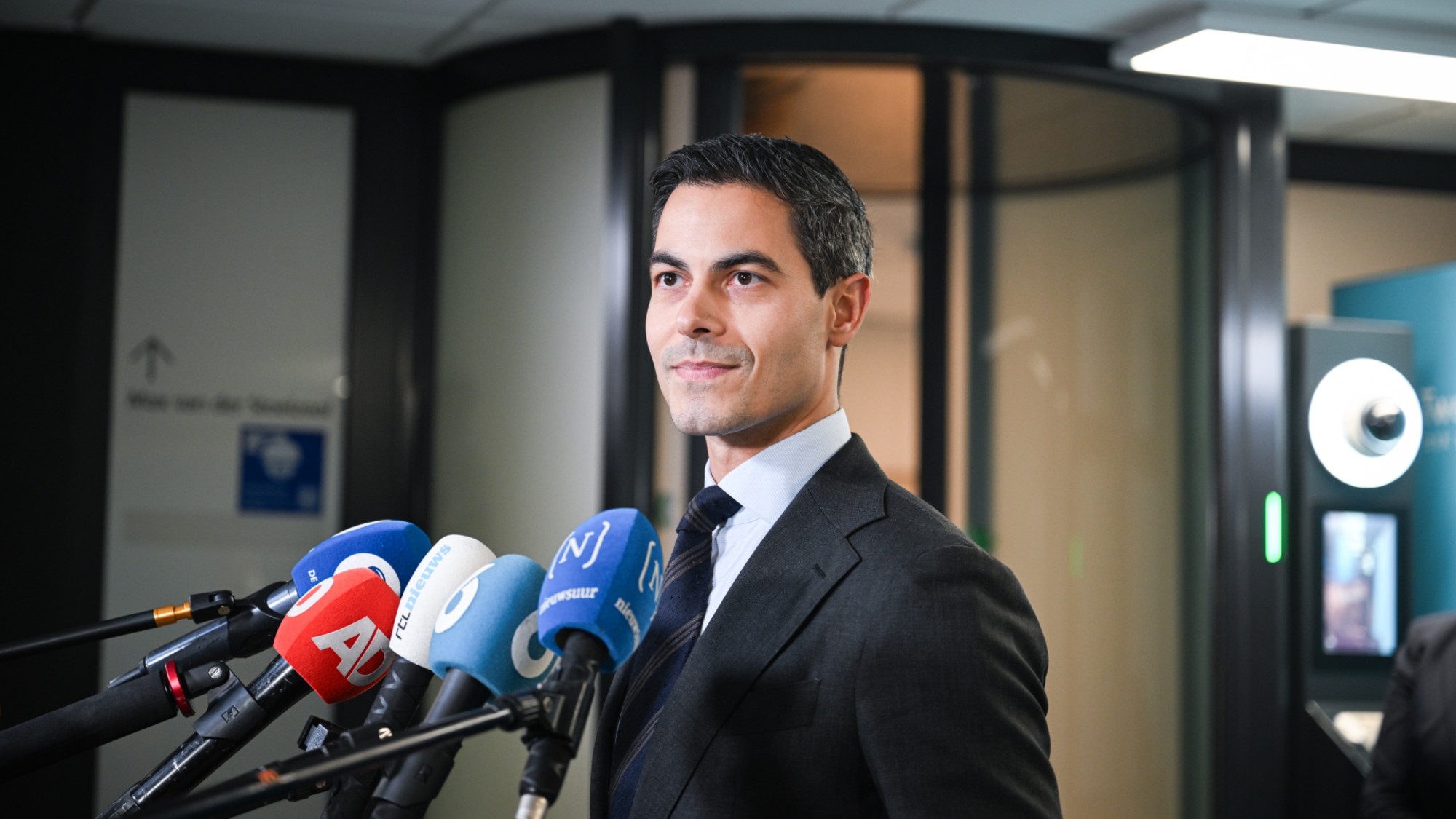 Rob Jetten: the centrist millennial set to be the Netherlands’ next prime minister
Rob Jetten: the centrist millennial set to be the Netherlands’ next prime ministerIn the Spotlight Jetten will also be the country’s first gay leader
-
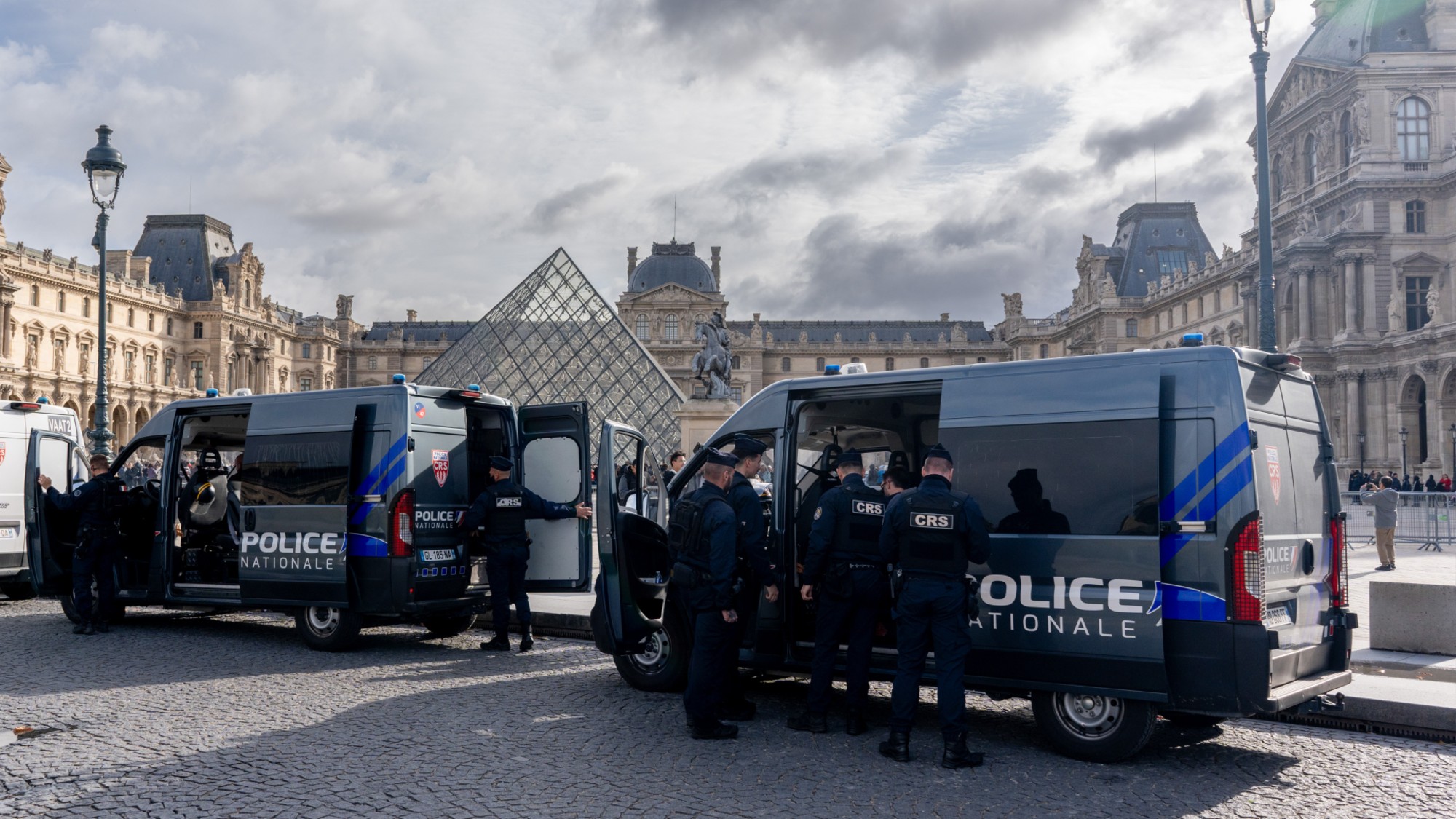 The Louvre’s security measures are in hot water after a major heist
The Louvre’s security measures are in hot water after a major heistIn the Spotlight Millions of dollars in jewels were stolen from the museum
-
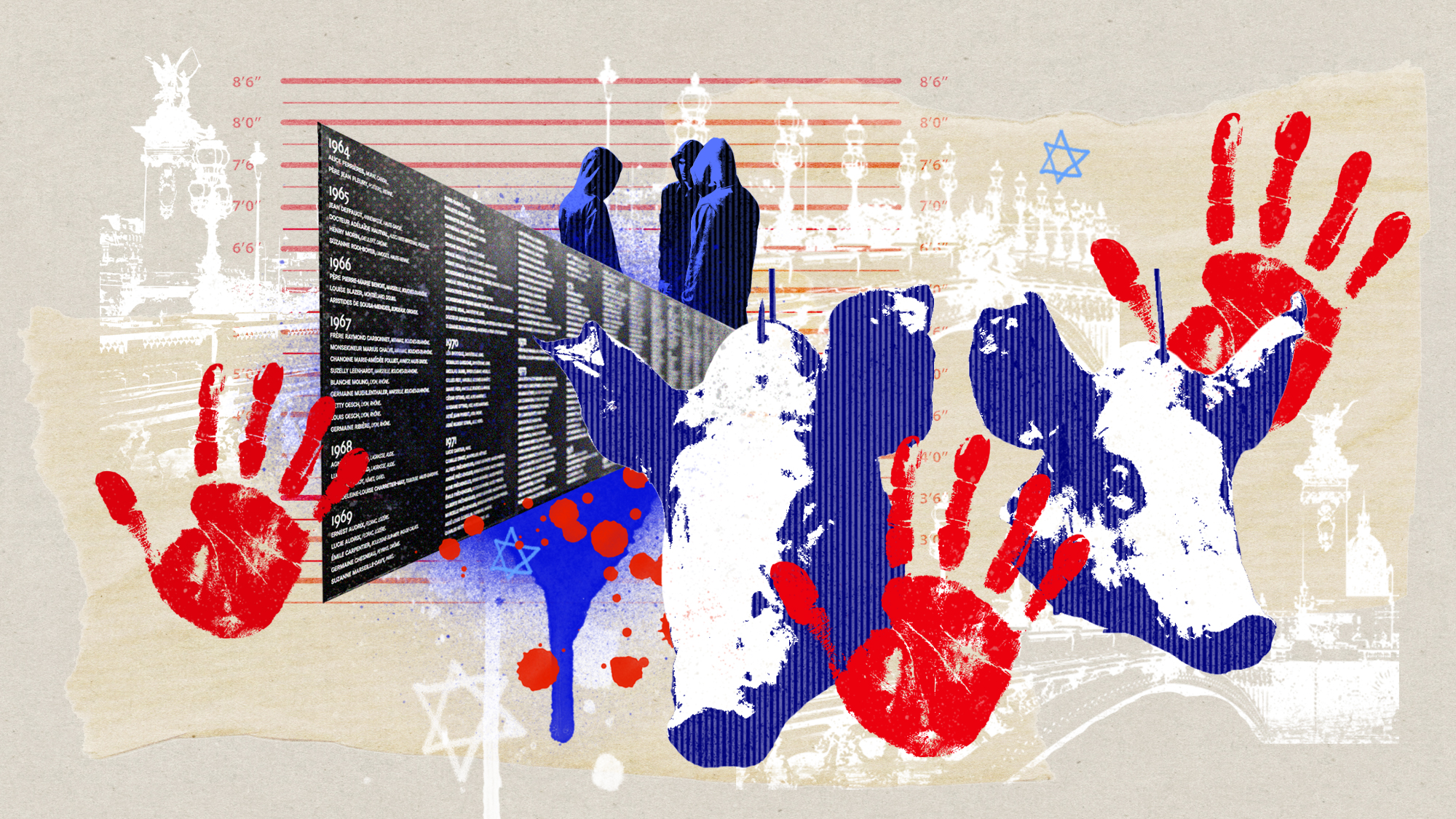 France’s ‘red hands’ trial highlights alleged Russian disruption operations
France’s ‘red hands’ trial highlights alleged Russian disruption operationsUNDER THE RADAR Attacks on religious and cultural institutions around France have authorities worried about Moscow’s effort to sow chaos in one of Europe’s political centers
-
 Sanae Takaichi: Japan’s Iron Lady set to be the country’s first woman prime minister
Sanae Takaichi: Japan’s Iron Lady set to be the country’s first woman prime ministerIn the Spotlight Takaichi is a member of Japan’s conservative, nationalist Liberal Democratic Party